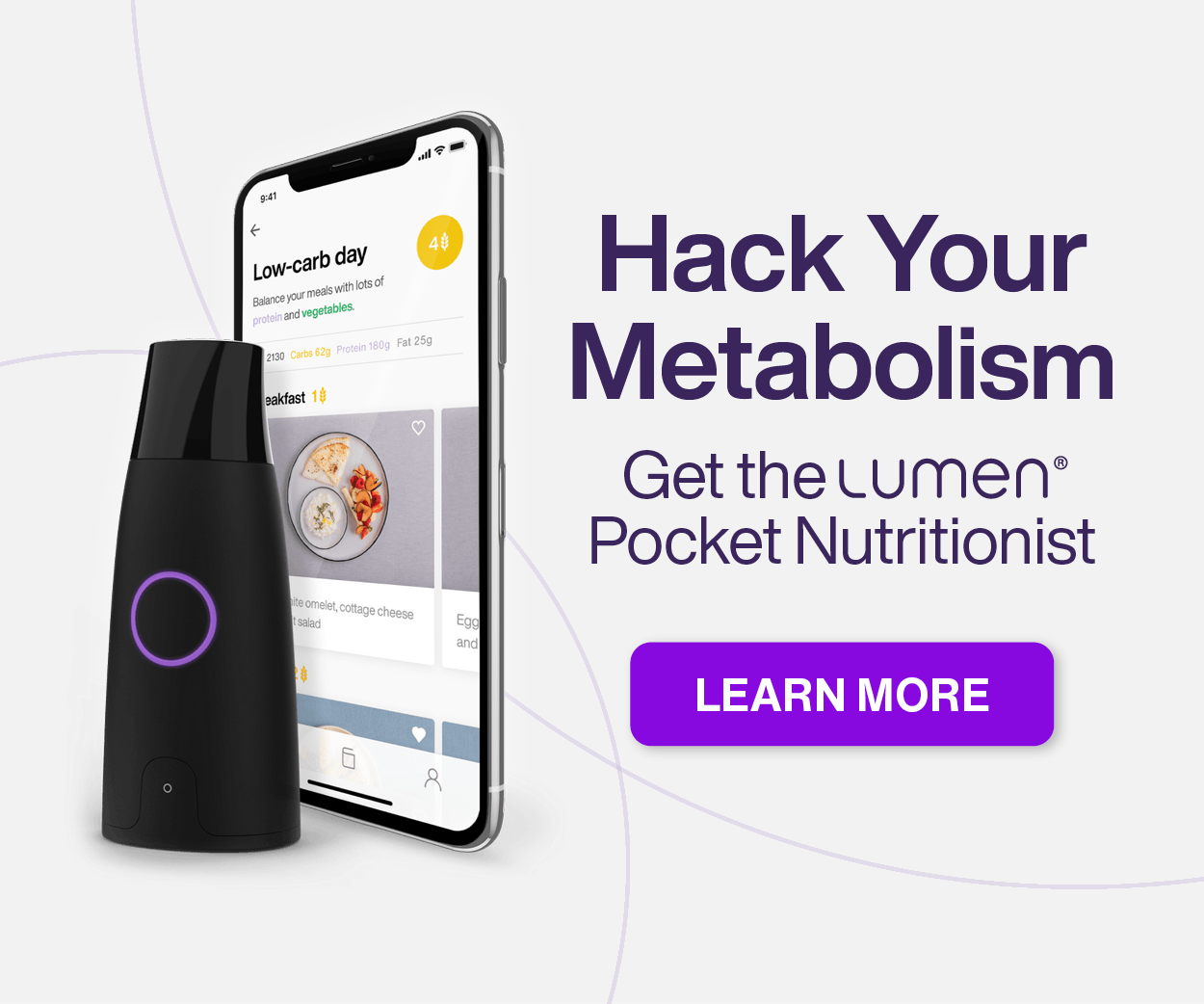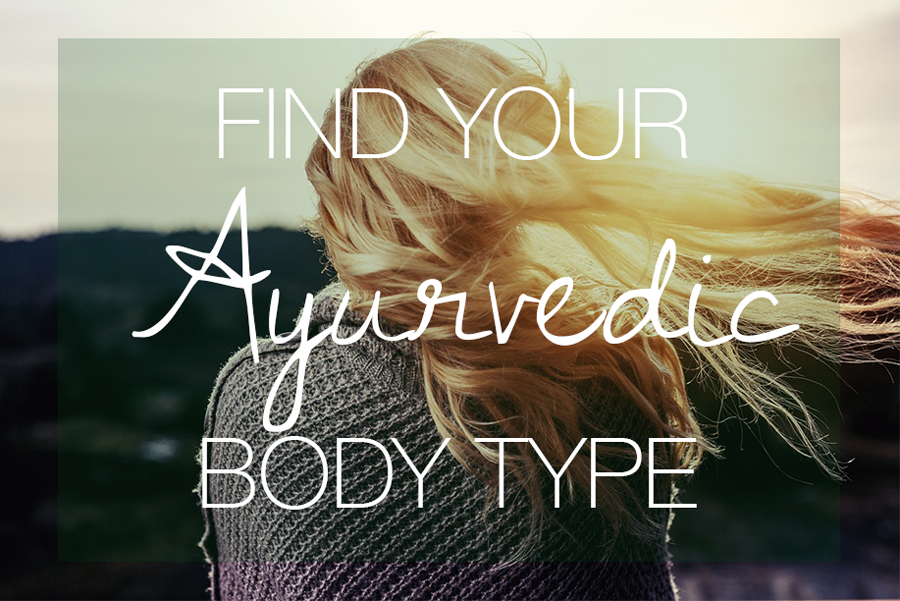By: Nkechi Njaka, Msc

Who doesn’t love love? Especially, on Valentine’s Day? Even the most bitter of us, who loses sleep in anxious preparation of an anti-Valentine’s Day event, still at the heart of her heart loves love and knows with every fiber of her being that love and happiness are inextricably linked.
Well, I am here to tell you that there is neuroscienctific evidence for this positive correlation. And that joining the mainstream masses in an overly capitalized Hallmark Holiday could increase your mood, even if you love in a non-romantic way.
Scientists have long been working to show how and even prove that love gives us health benefits beyond the obvious advantageous security of always having a date for Valentine’s Day. Researchers are not yet able to determine that romance trumps close bestfriendships or an affectionate/adoring family when it comes to health and wellness. But researchers are finding that sex, partnership, intimacy and caring for another all seem build a case for making us stronger– with health benefits that range from improved healing and management over chronic illnesses (which means living longer!).
How can we practice this on a daily basis… or, specifically, today with our Valentine’s Day date?
Doctors at the University of North Carolina have found that hugging may result in dramatically lower blood pressure as a result of boosting blood levels of oxytocin, the relaxing ‘cuddly’ hormone that plays a key role in orgasms, labor and breastfeeding. Oxytocin is linked to attachment and is a factor in bonding and monogamous pairing. In their fascinating study, researchers asked couples to sit close to one another and talk for 10 minutes, then share a long hug; their findings were positive, albeit small, changes in both blood pressure and oxytocin.
However, the power of frequent daily hugging was intense! The women with the highest oxytocin levels had systolic blood pressure that was 10 mm/Hg lower than women with low oxytocin levels—an improvement similar to the effect of many leading blood pressure medications, says Kathleen Light, Ph.D., a professor of psychiatry at UNC and one of the study’s authors. It’s amazing that something as simple as hugging can do that! In a recent study published in the Biological Psychiatry, there was support that Oxytocin was also linked to lower secretion of cortisol (a stress hormone) and when administered, cortisol aided conflict resolution in couples compared to their placebo-given controls.
Dopamine (the ‘feel good chemical’) is the key chemical in the brain’s reward system, a network of cells that is associated with pleasure and addiction. Sean Mackey, MD, PhD, recently conducted a study at Stanford University Medical Center in California, where his hypothesis was that love affected the brain in the same way many addictive drugs do, by targeting this “feel good” chemical in the brain known as dopamine, which was demonstrated by an fMRI (brain scanning machines that allow us to see areas of the brain when certain thoughts or emotions occur). So that saying ‘love is a drug’ seriously has some scientific validity.

So is love just chemistry?
In a nutshell, yes. Dopamine brings people together and oxytocin keeps them attached, studies show. Obviously there are other factors that contribute to who we find to love (eg. compatibility, geography, socialization, timing, to name a few). But it is fun to know that our bodies were designed to make experiencing love fun and healthy!
And now for the part where I tested this theory and conducted a little bit of my own research…. Actually, these findings more or less explain an experience I recently had. I was on a first date with someone and we spent the evening sitting very close (talking and sharing with maybe a bit of hand holding) and when the night was over, we exchanged a great bear hug. My thinking about him (and for-no-other-good-reason giddiness) for the next 24 hours could be evidence of that release of oxytocin. The fluttery feelings I had that made me want to experience more intimacy with that person is part of a very natural process of growing attachment. It’s wonderful to know that they also have some direct effects on lowering (my already low) blood pressure!
There is evidence that love improves long-term health and wellness. I would say that even if celebrating Valentines Day is merely a reminded to value love, it is worth celebrating!
Like this:
Like Loading...





















